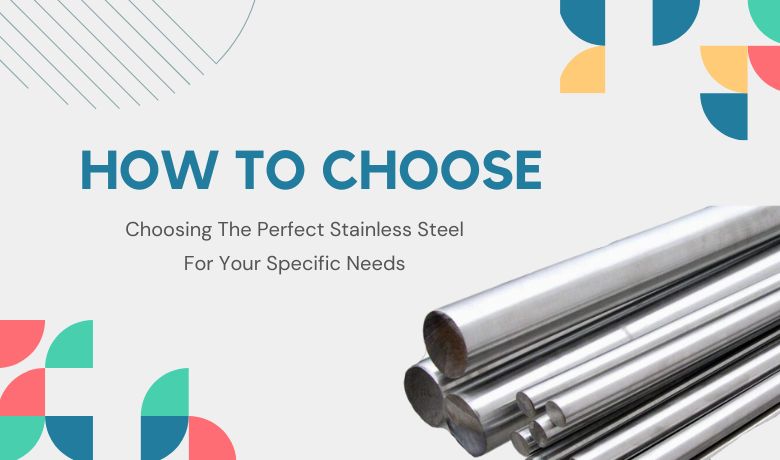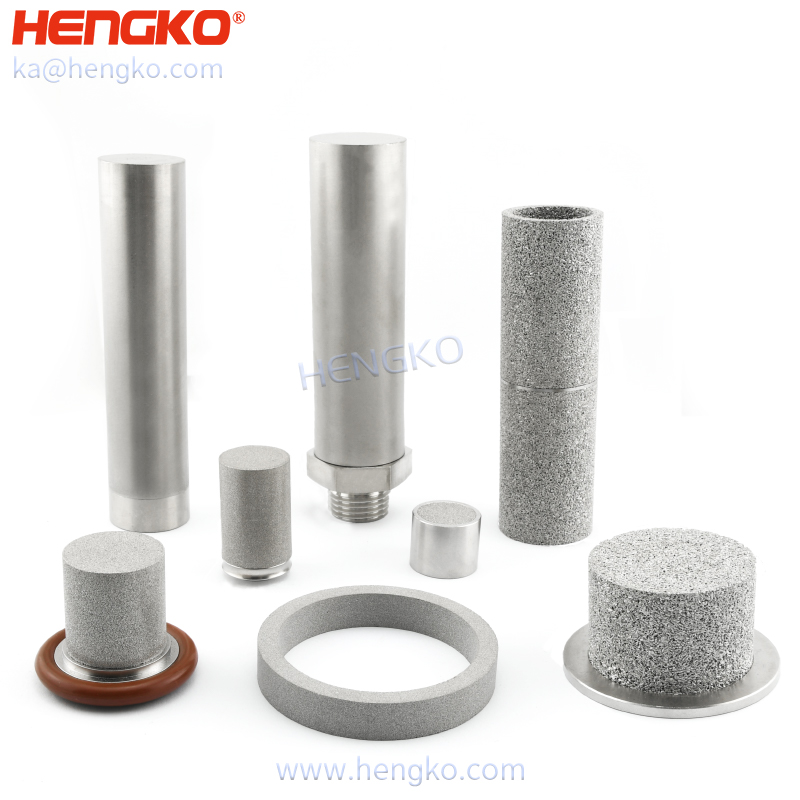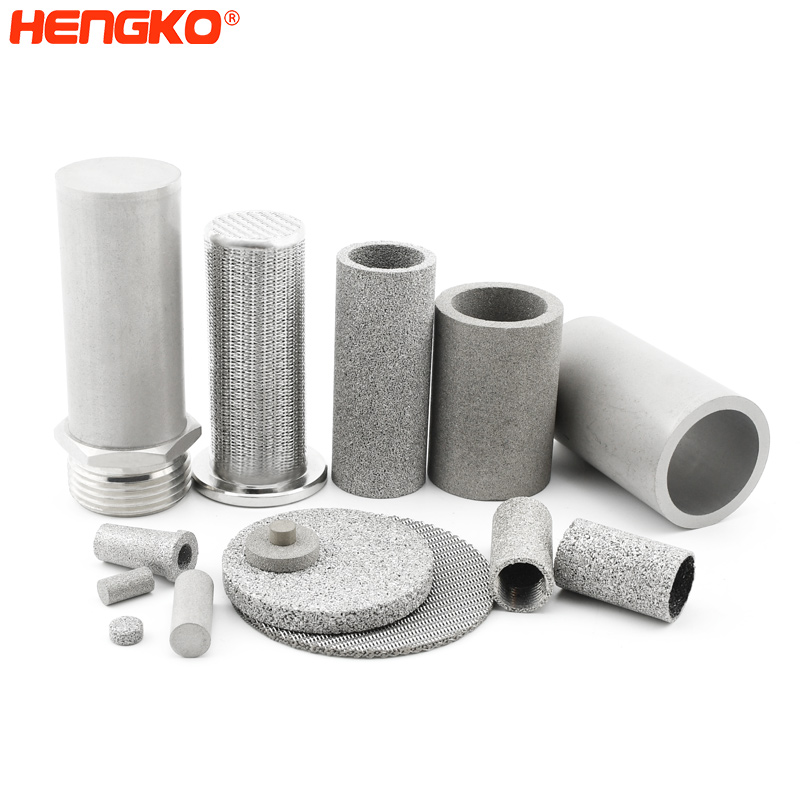
Stainless steel is a versatile and widely used material in various industries. Its corrosion resistance, strength, and aesthetic appeal make it a popular choice for a wide range of applications. Whether you're working on a construction project, designing a new product, or looking for a material that can withstand harsh environments, choosing the perfect stainless steel is crucial. In this article, we will guide you through the process of selecting the right stainless steel for your specific needs.
Understanding Stainless Steel
Stainless steel is a type of steel alloy composed of iron, chromium, and other elements such as nickel, molybdenum, and manganese. The addition of chromium gives stainless steel its corrosion-resistant properties. The exact composition of stainless steel can vary depending on the grade and intended use.
Different grades of stainless steel offer varying levels of corrosion resistance, strength, and other properties. The most commonly used grades include 304, 316, 430, and 201. Each grade has its own unique characteristics and is suitable for different applications.
“Stainless steel” is not only referring to a kind of stainless steel, but also hundreds of different types of stainless steel. It will a little difficult when you chose suitable stainless steel for your application product.
So How to use the most suitable stainless steel according to your need ?
1.Classified by process temperature
Although most stainless steel has a higher melting point, different types of stainless steel are different. Such as the melting point of 316 stainless steel is about 1375~1450℃. Therefore, classified by maximum using temperature and melting point.
2. Taking corrosion resistance into consideration
Its corrosion resistance is one of the reasons for many manufactures more like stainless steel than common iron. However, not every type of stainless steel is equally resistant to corrosion, some kinds of stainless steel can resistant to certain types of acidic compounds better. Austenitic stainless steel such as 304 or 316 stainless steel tends to have better corrosion resistance than other types of stainless steel. This is because austenitic stainless steel has a higher chromium content, which helps to improve corrosion resistance (although it does not guarantee resistance to every kind of corrosion).
3.Talking the application environment into consideration
Ensure the pressure of the application product that need to bear. We need to consider the its tensile strength when choosing the stainless steel material. The tensile strength is the critical value for the transition of metal from uniform plastic deformation to locally concentrated plastic deformation. After the critical value is exceeded, the metal begins to shrink, that is, concentrated deformation occurs. Most stainless steels have quite high tensile strength. 316L has a tensile strength of 485 Mpa and 304 has a tensile strength of 520 Mpa.
4. Strength and Durability
The strength and durability of stainless steel are essential, especially in structural applications. The grade and thickness of the stainless steel will determine its strength characteristics. For heavy-duty applications, grades such as 304 or 316 are commonly used due to their high strength and durability.
Taking all the above elements into consideration, choosing the most suitable stainless steel material. It will provide best performance for your manufacturing solutions. If you have no idea when chosing the stainless steel material. We will provide the professional technology technical support services to you.
Common Types of Stainless Steel
Stainless steel can be classified into several types based on its microstructure and composition. Understanding these types can help in choosing the right stainless steel for specific applications:
Austenitic Stainless Steel
Austenitic stainless steel is the most common type and offers excellent corrosion resistance, high ductility, and good formability. Grade 304 and 316 fall under this category and are widely used in various industries.
Ferritic Stainless Steel
Ferritic stainless steel has a higher chromium content and lower nickel content compared to austenitic stainless steel. It provides good corrosion resistance and is often used in automotive exhaust systems and decorative applications.
Martensitic Stainless Steel
Martensitic stainless steel is known for its high strength and hardness. It is commonly used in applications that require wear resistance and high tensile strength, such as knives, blades, and surgical instruments.
Duplex Stainless Steel
Duplex stainless steel combines the properties of austenitic and ferritic stainless steel. It offers excellent corrosion resistance and high strength, making it suitable for applications in chemical processing, oil and gas, and marine environments.
Precipitation Hardening Stainless Steel
Precipitation hardening stainless steel, also known as PH stainless steel, undergoes a heat treatment process to achieve high strength and hardness. It is commonly used in aerospace applications, medical equipment, and high-performance tools.
Applications of Stainless Steel
Stainless steel finds applications in a wide range of industries due to its versatility and desirable properties. Some common applications include:
1. Construction and Architecture
Stainless steel is widely used in the construction industry for
building facades, roofing, structural components, and decorative elements. Its durability, corrosion resistance, and aesthetic appeal make it an ideal choice for architectural projects.
2. Automotive Industry
Stainless steel is utilized in the automotive industry for various applications, including exhaust systems, mufflers, fuel tanks, and decorative trims. Its heat resistance and corrosion resistance properties are particularly beneficial in these high-temperature and corrosive environments.
3. Food Processing and Pharmaceuticals
Stainless steel is extensively used in the food processing and pharmaceutical industries due to its hygienic properties and resistance to corrosion. It is commonly found in equipment such as storage tanks, pipes, valves, and conveyor systems, where cleanliness and durability are crucial.
4. Marine and Coastal Environments
The marine and coastal environments are highly corrosive due to exposure to saltwater and humidity. Stainless steel, especially grades like 316 and duplex stainless steel, is highly resistant to corrosion in these harsh conditions. It is commonly used in marine equipment, offshore structures, and coastal infrastructure.
Maintenance and Care of Stainless Steel
To ensure the longevity and aesthetics of stainless steel, proper maintenance and care are essential:
1. Cleaning and Polishing Stainless Steel
Regularly clean stainless steel surfaces using mild soap or detergent and warm water. Avoid abrasive cleaners or scrubbing pads that can scratch the surface. To restore the shine, use stainless steel cleaners or polishes specifically designed for this purpose.
2. Protecting Against Corrosion
Apply a protective
coating or passivation treatment to stainless steel surfaces to enhance their corrosion resistance. This can help prevent the formation of rust or stains caused by exposure to harsh environments or chemicals.
3. Removing Stains and Scratches
In case of stains or scratches on stainless steel surfaces, there are various methods to remove them. Non-abrasive cleaners, vinegar, or lemon juice can be used to remove stains. For scratches, stainless steel polishing compounds or specialized scratch removal kits can help restore the surface to its original condition.
Conclusion
Choosing the perfect stainless steel for your specific needs requires careful consideration of factors such as corrosion resistance, strength, temperature resistance, and aesthetic appeal. Understanding the different grades and types of stainless steel is essential in making an informed decision. By matching the properties of stainless steel to your specific requirements and properly maintaining the material, you can ensure its longevity and optimal performance in various applications.
FAQs
1. Is stainless steel completely resistant to corrosion?
While stainless steel is highly resistant to corrosion, it is not completely immune. The level of corrosion resistance varies depending on the grade and environmental conditions. Proper maintenance and care are crucial to preserving its corrosion-resistant properties.
2. Can stainless steel be used in high-temperature applications?
Yes, certain grades of stainless steel, particularly austenitic stainless steel and precipitation hardening stainless steel, are suitable for high-temperature applications. It is important to choose the appropriate grade based on the specific temperature range.
3. Can stainless steel be welded?
Yes, stainless steel can be welded using appropriate techniques and equipment. However, certain grades require special consideration during the welding process to maintain their corrosion resistance and mechanical properties.
4. How do I clean and maintain stainless steel surfaces?
Regular cleaning with mild soap or detergent and warm water is usually sufficient for routine maintenance. Avoid abrasive cleaners and use stainless steel polishes or cleaners for restoring shine. Protect against corrosion by applying coatings or passivation treatments when necessary.
5. Can stainless steel be recycled?
Yes, stainless steel is highly recyclable. It is considered a sustainable material as it can be recycled and reused without compromising its properties. Recycling stainless steel helps conserve resources and reduce waste.
Looking for expert advice on choosing the perfect stainless steel? Contact us at HENGKO by sending an email to ka@hengko.com.
Our knowledgeable team is ready to assist you with any inquiries, provide personalized recommendations, and ensure you make the right decision for your specific needs.
Don't hesitate, reach out to us today and let us help you find the ideal stainless steel solution.
Post time: Oct-12-2020







